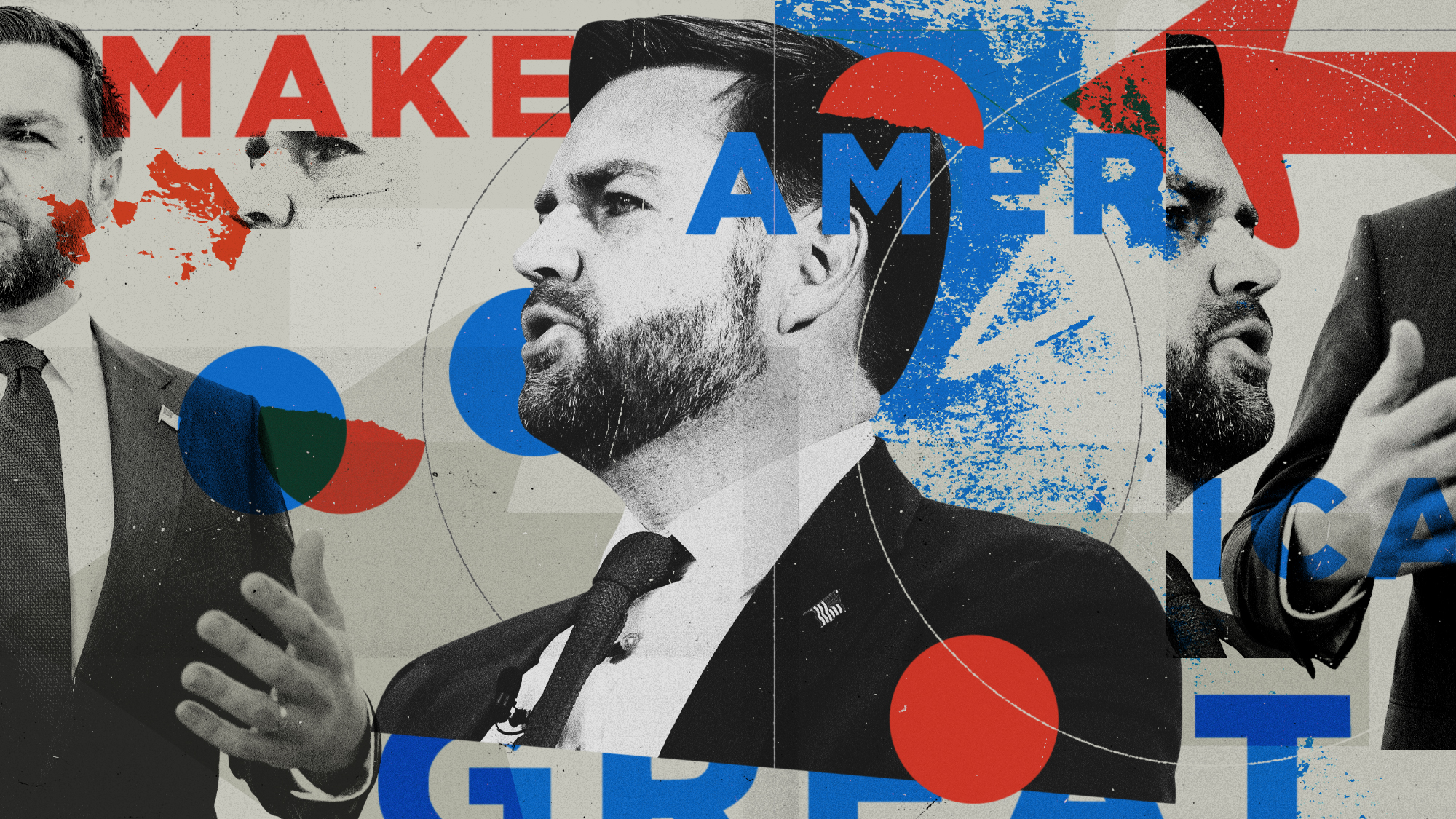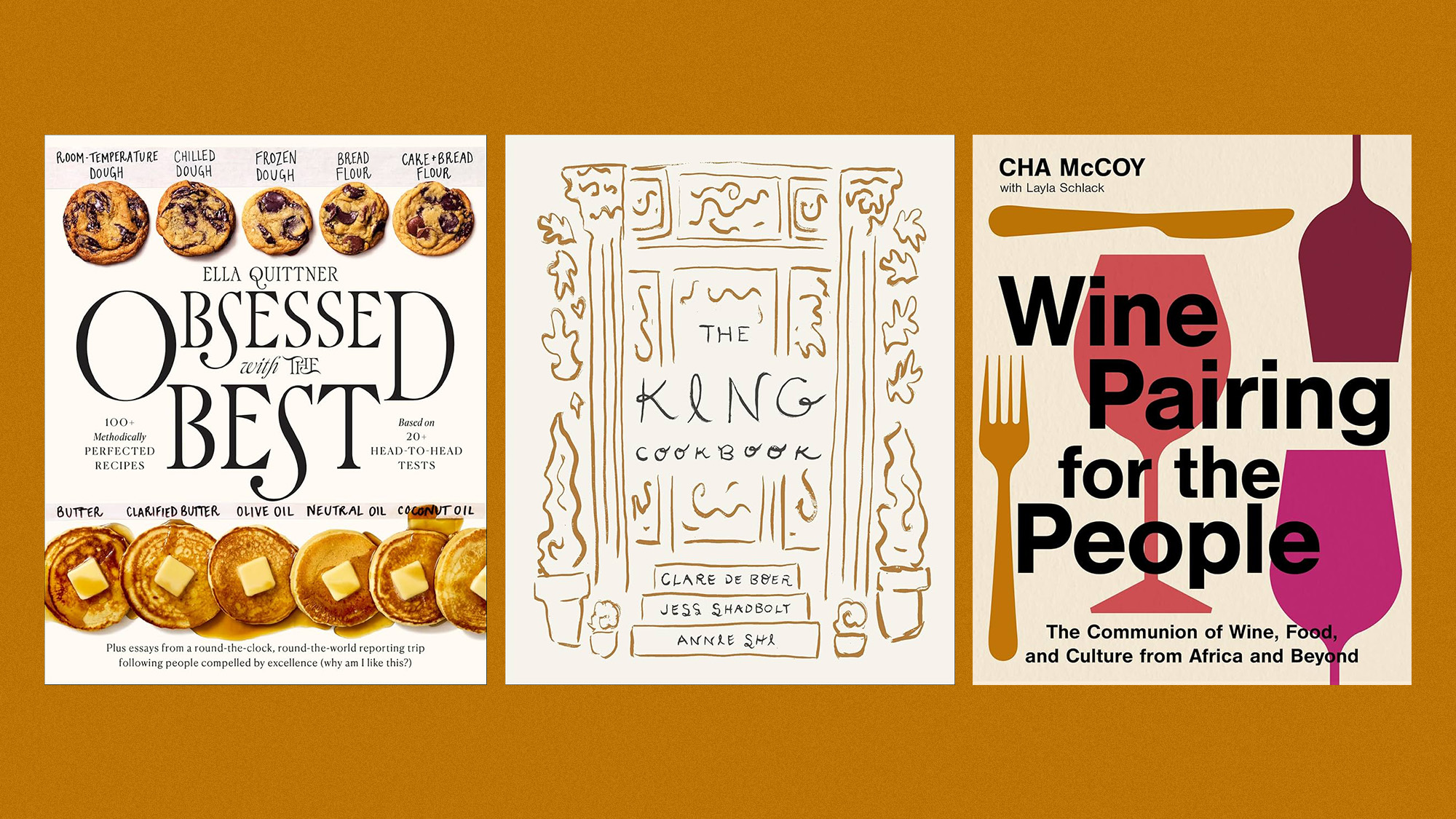Shame and food stamps
As newly poor Americans flock to collect government food benefits, the stigma of doing so seems to be lessening—is that a good thing?
With unemployment in the double digits, one in eight Americans are now supplementing their budget with food stamps. With the widening use of the program—every day, there are 20,000 new enrollees—and a prior push by the Bush administration to change the name from "food stamps" to "nutritional aid," the stigma long associated with the program seems to be fading. But is that a positive development? (Watch a report that says half of U.S. children use food stamps during their lifetime)
The stigma is useful: "Seems like there ought to be a stigma attached to" any kind of welfare, says John J. Miller in National Review. Providing those in need with “access to food” may seem like the federal government is "doing people a favor," but it's actually a "disservice," robbing them "of the motivation necessary to break free from dependency." To that end, "a little bit of shame can go a long way."
The Week
Escape your echo chamber. Get the facts behind the news, plus analysis from multiple perspectives.

Sign up for The Week's Free Newsletters
From our morning news briefing to a weekly Good News Newsletter, get the best of The Week delivered directly to your inbox.
From our morning news briefing to a weekly Good News Newsletter, get the best of The Week delivered directly to your inbox.
It's not the poor who should feel stigmatized: People on food stamps should feel "no shame," says Digby at Hullabaloo. Rather, that emotion belongs with the "wealthiest 1 percent" of Americans "who fight tooth and nail against paying their fair share." These "Masters of the Universe," after all, are the reason that "the economy is in the gutter for everyone else."
We've seen this before: This isn’t the first time we’ve seen a steep rise in welfare recipients, says Mickey Kaus at Slate. It happened during the economic "slump" from 1988 to 1994. The difference is, at that time, "we had a President (Clinton) who was campaigning against 'welfare as we know it.'" But with the way things are going this time around, "it seems unlikely that President Obama" takes a similarly tough stand. It would be a bad thing indeed if "the stigma doesn’t return with the possibility of employment."
A free daily email with the biggest news stories of the day – and the best features from TheWeek.com
-
 Which side is JD Vance taking in MAGA’s infighting?
Which side is JD Vance taking in MAGA’s infighting?Today’s Big Question GOP insiders are battling over antisemitism with an eye on 2028
-
 Campus security is in the public eye again after the Brown shooting
Campus security is in the public eye again after the Brown shootingTalking Points Questions surround a federal law called the Clery Act
-
 9 new cookbooks begging to be put to good winter use
9 new cookbooks begging to be put to good winter usethe week recommends Booze-free drinks, the magic versatility of breadcrumbs and Japanese one-pot cooking